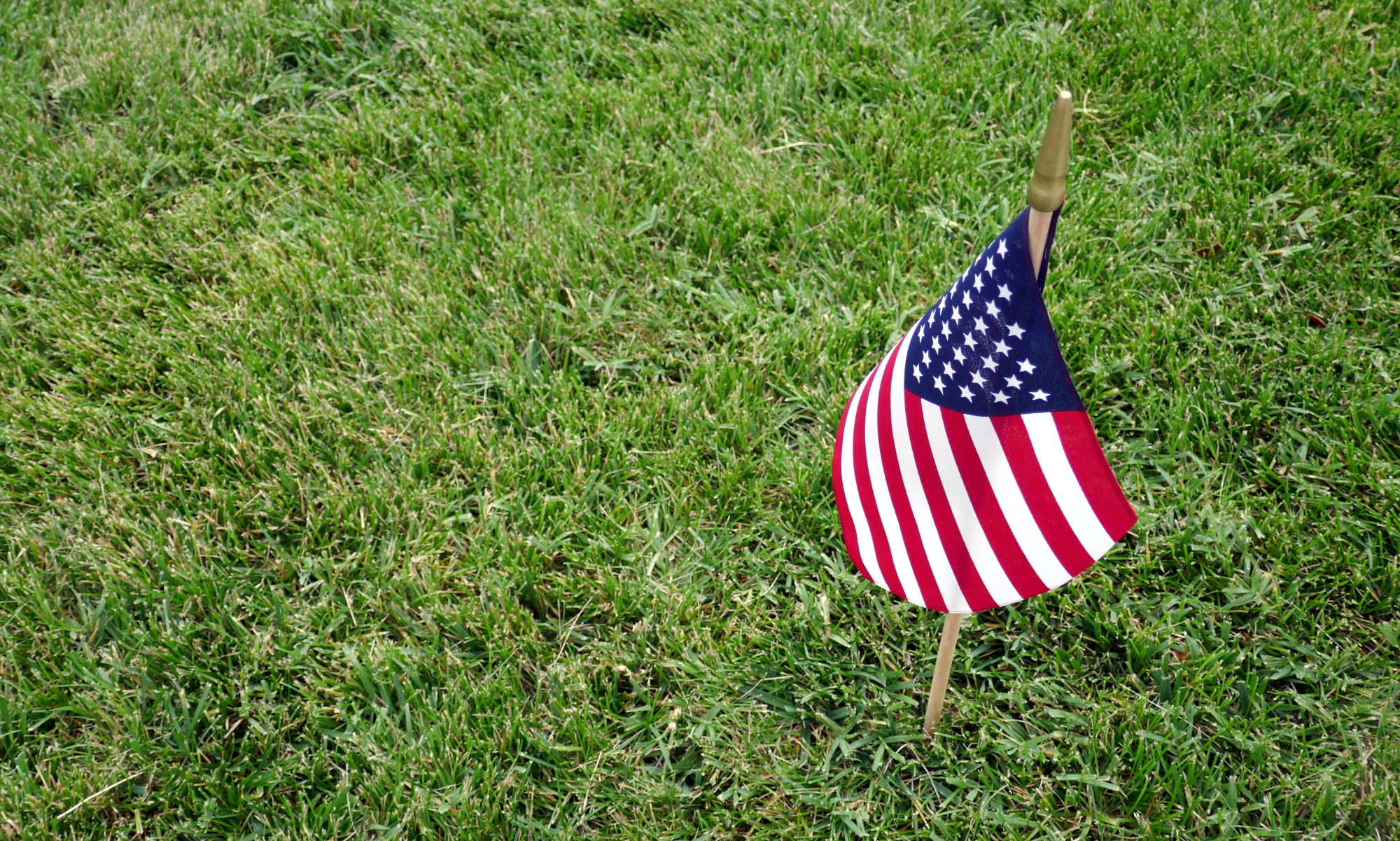by Jonathan Krall
Throughout the working life of Grassroots Alexandria, we have immersed ourselves in the study and practice of anti-fascism and, more recently, anti-racism. Our ongoing studies suggest a new “anti” for us to consider, anti-binary. Like “intersectionality” anti-binary is a word that connects overlapping concepts in gender, white supremacy and personal politics. Put simply, good/bad and correct/incorrect binary thinking incentivizes self-delusion. While self-delusion can be comfortable, it is also dangerous. As an alternative we, and others, suggest that learning to live with ambiguity can be healthier, for ourselves and for those around us.
One example of toxic binary thinking comes from an episode of the Scene On Radio podcast. In one of a series of podcasts on Men, they describe the ways in which the “juggernaut” of middle school tears the feminine from boys and the masculine from girls. We listen as a thoughtful young man, the child of the narrator, learns to hide his formerly-thoughtful opinions. He embraces “gay” as an insult to be hurled at anyone who is insufficiently manly. In the view of the child, he can either be himself and endure the discomfort of taunting, or he can embrace limited (in his view) homophobia and attain a measure of comfort. It’s heart-breaking.
In White Fragility, Robin DiAngelo’s book about whiteness, the good/bad binary is a barrier to noticing, studying, and working against the inescapable fact of white privilege in everyday life. By equating complicity=racist=bad, white people are strongly incentivized to believe that they can somehow avoid participating in racism and thereby be “not racist.” Sort of like a fish swimming in the ocean pretending to be “not wet.” White people can’t avoid playing along with racism because racism is continually playing along with them. Racism smooths their path through life whether they like it or not. A white person who enters a store isn’t followed by the security guard and certainly isn’t stressed out by the security guard. A black person, by contrast, is met with a frown of disapproval simply for being black. In fact, through a process known as “weathering,” the stress of everyday racism literally subtracts years from black lives.
If, as DiAngelo teaches, white people can learn to live with the discomforting knowledge of their own complicity, they can take responsibility. They can learn anti-racist practices, such as not expecting comfort in situations that are uncomfortable for people of color or not assuming that the white experience is the normal experience. Living with complicity is the first step towards self-study, self-forgiveness, and most importantly, supportive anti-racist action that makes things better (versus ill-considered anti-racist action that makes things worse).
Anti-binary practice not only helps us forgive ourselves, it helps us forgive others. In a subtle example of good/bad binary thinking, the Invisibilia podcast reminds us of the common tendency to think of people as good (versus bad) until they “betray” us by demonstrating typical human frailty. But are typical human frailties really acts of betrayal?
The silver lining is this: If we can somehow stop expecting ethical and moral purity from our friends, it is easier to forgive the inevitable disappointments. While they don’t say it in so many words, I feel like our Invisibilia friends are supporting the idea of advance forgiveness. If we expect that one (or more) of our friends or partners will let us down, perhaps we be better prepared to forgive. Perhaps we will do a better job of preserving a very real and positive relationship. Perhaps we will avoid beating each other up over a loss of purity. The purity was never there to begin with.


Hmm. The aha moment here for me is that we should turn that on ourselves. What I think we all need to understand is that whatever our circumstances, we are all becoming aware of the pitfalls and problems of binary thinking. We have generations-worth of binary policies and “traditions” to tease apart, and like untangling a tangled string of yarn, getting these out and solved takes patience and time. It is a practiced skill to not get upset and quit while giving the stubborn knots and tangles that required extra care and attention.
Jonathon, I really enjoyed your blog and totally agree with you. All or nothing (or binary) thinking is not helpful and makes lives harder for us and others in our immediate world and beyond. We as individuals are not perfect or even consistent in our thinking and our actions. Why should we expect others to be? I love your words “typical human frailty.” We particularly need to keep this in mind relative to other races or ethnic backgrounds.
I just finished listening to “How to be an Antiracist” by Ibram Kendi. If you have not read it yet, I would recommend the audio version read by the author. Very eye-opening and meaningful. It makes you recognize that racism is not confined to actions or attitudes of a few “mean” or “biased” people. It is a system of keeping people down and unequal and we all need to broaden our thinking about this and examine how we as individuals can impact recognition of the situation and actively support systemic change.